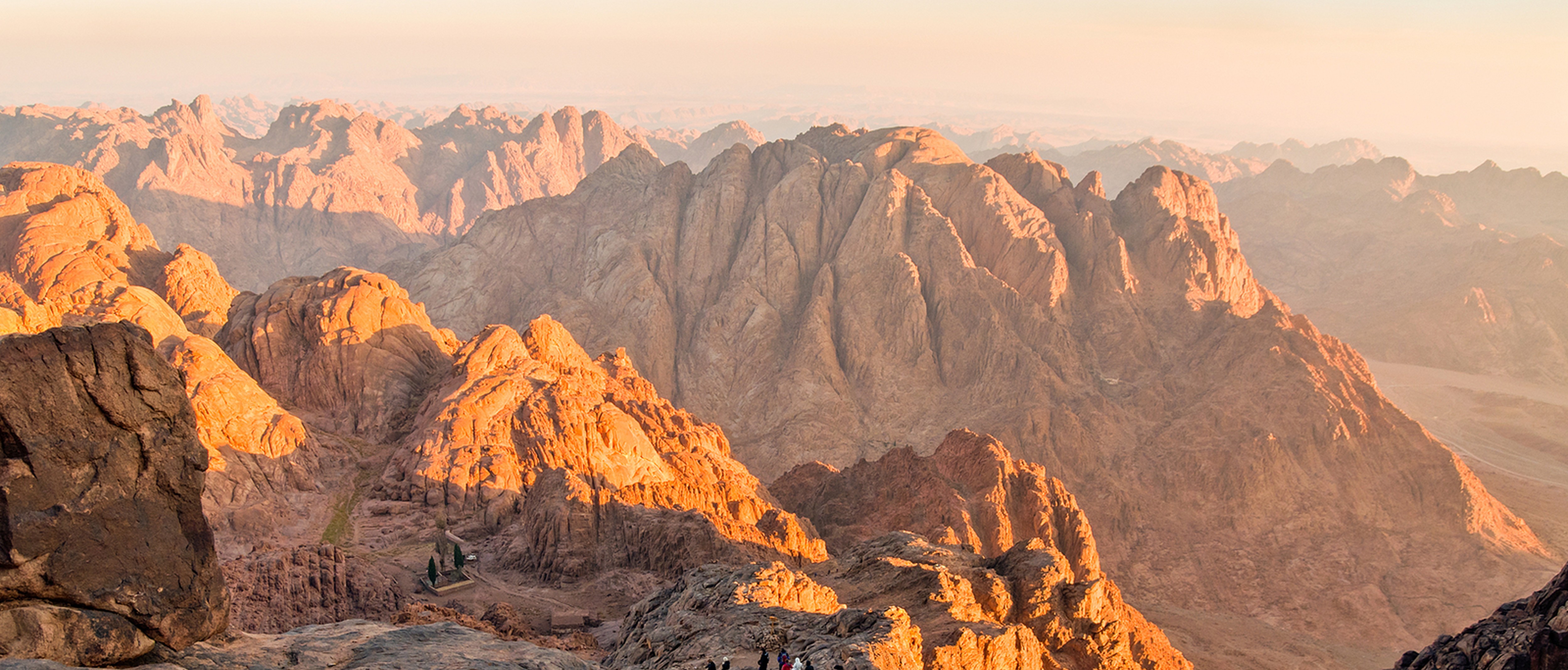
As we approach Shavuos, we read the earth-shaking Tochacha in Parshas Bechukosai.
Is the term “earth-shaking” too strong? Not at all! All of us should be shaking from reading these words. No wonder the baal korei reads them quickly, in hushed tones. And all the more because we know they are true! We as a nation have lived through the fulfillment of these words!
Why does the Tochacha precede Shavuos?
One cannot approach the Mountain of Hashem without trepidation. “When Hashem will reign, nations will tremble …. The earth will quake….” (Tehillim 99)
And our daily davening is like standing at Har Sinai. One should not begin to daven without having cleansed one’s mind. Chazal tell us: “The early chassidim would prepare for an hour and then pray.” (Berachos 30b) That means eliminating to the greatest possible extent extraneous thoughts, in order to have a pure vessel with which to communicate with the King of the Universe.
On Yom Rishon we say, “Who may ascend the Mountain of Hashem and who may stand in the place of His sanctity? One with clean hands and a pure heart….” (Tehillim 24) We have to remake ourselves on a daily basis: “Taher libainu ulavdecha b’emes ….” We ask Hashem to purify our hearts in order that we may serve Him in truth.
It’s no wonder that we tremble before Shavuos. It’s also no wonder that the entire world is trembling in our days, because it is clear that we are standing in the days before Moshiach. The evil ones are trembling because they sense that their days are numbered, and the pure ones are trembling that they should be worthy of the Redemption. As Chazal say, “Serve Hashem with awe and rejoice with trepidation.” (Berachos 30b) We are all filled with trepidation.
“Mar the son of Ravina made a wedding feast for his son. He observed that the rabbis were excessively cheerful, [so] he brought a glass worth four hundred zuz and broke it in their presence and they were saddened ….” Therefore, we understand that “It is forbidden to fill one’s mouth with laughter in this world, for it is stated ‘Then will our mouth be filled with laughter and our tongue with song.’” (Berachos 30b)
“Then” and not “now.” After Moshiach, the world will be different. Then, Yerushalayim will be the capital of the world and the nations will become subservient to the Torah. Just the way Hashem revealed Himself at Har Sinai, so too in the Days of Moshiach.
Let’s look at the possukim immediately following the Tochecha in this week’s Parsha. The Torah has just thrown us down to the ground in despair and anguish. “You reduce man to pulp and You say, ‘Repent, Oh sons of man.’” (Tehillim 90) But even in the dust there is hope. As the Novi says, “Let him put his mouth to the dust. There may yet be hope!” (Eichah 3:29)
Now please listen to the next words following the Tochecha: “But despite all this, while they will be in the land of their enemies, I will not have been revolted by them, nor will I have rejected them to obliterate them, to annul My covenant with them, for I am Hashem their G-d. I will remember for them the covenant of the ancients, those who I have taken out of the land of Egypt before the eyes of the nations, to be G-d unto them. I am Hashem.” (Vayikra 26:44-45)
Hashem has made an eternal covenant with us. That is enough to sustain us. Hashem made an eternal covenant with Avraham Avinu at the Akeida, unbreakable even when we are in “the land of [our] enemies” and the children’s children sin.
“[Hashem] admonished us with many types of ultimatums and warnings, which frightened us with all manner of dread and fear…. Yet Hashem never went beyond those warnings to say that, if we continue to transgress, He will exchange us for another nation or forget us entirely.” (Ramban, Sefer HaGeulah, seen in “On Eagles Wings”)
The lesson of the Tochecha is reflected in the historical events of this season. In Mitzraim, we descended to the forty-ninth level of tumah, almost to the extent of extinguishing ourselves as a discrete and holy nation. But Hashem did not abandon us, and He will never abandon us. From the bottom, He brought us up to celestial heights! With all our rebellions, even the defection of millions of our brethren from the path of Torah, still He loves us and will never abandon us!
From this we can see that all our troubles are only Hashem’s kindness as He brings us close to Him in preparation for the Final Redemption, may we see it soon in our days!
GLOSSARY
Akeida: binding of Isaac
Baal korei: the Torah reader in shul
Chazal: rabbis of the Mishna and Gemora
Daven: pray
Mitzrain: Ancient Egypt
Shavuos: the upcoming holiday commemorating the Giving of the Torah
Tochacha: passage of admonition in the Torah
Tumah: impurity
Yom Rishon: Day One of the week, i.e. Sunday